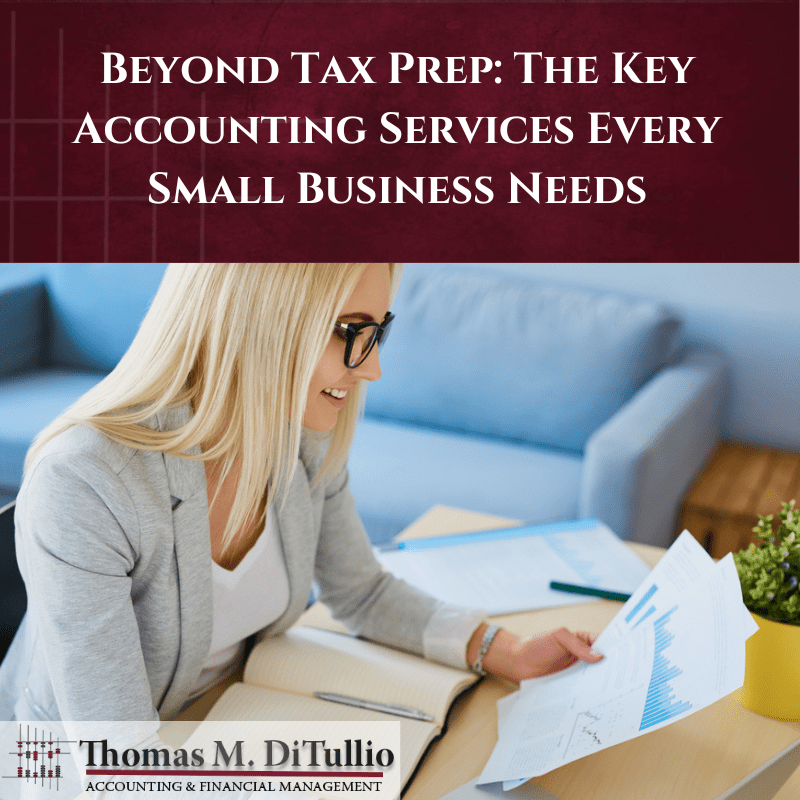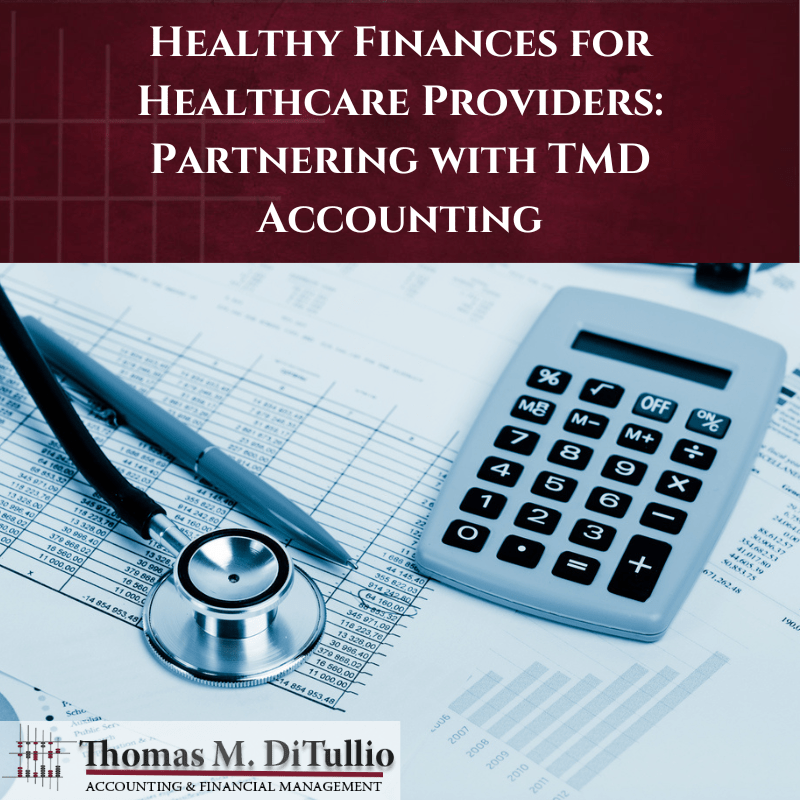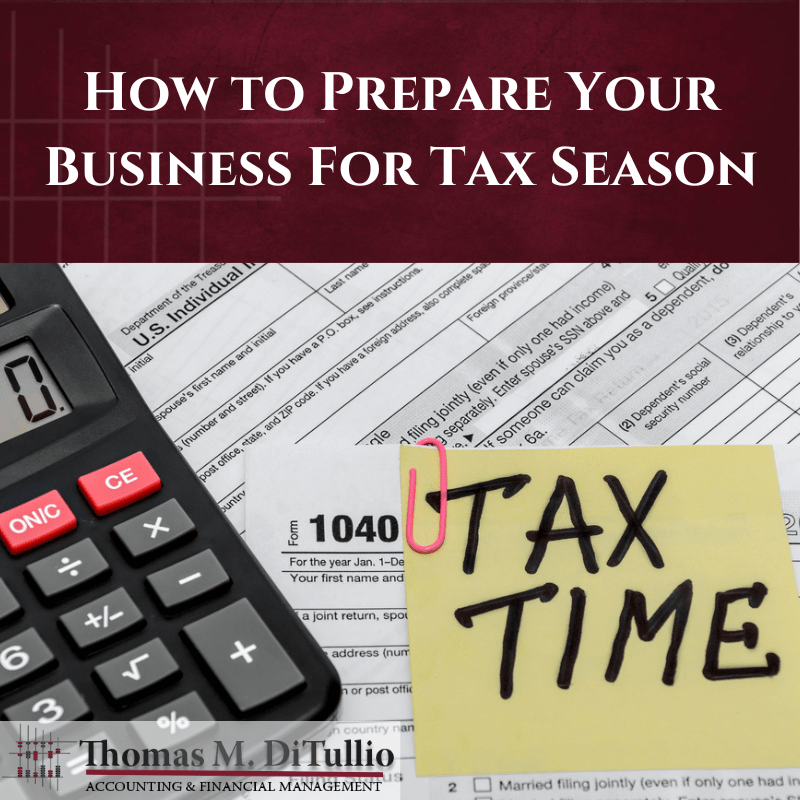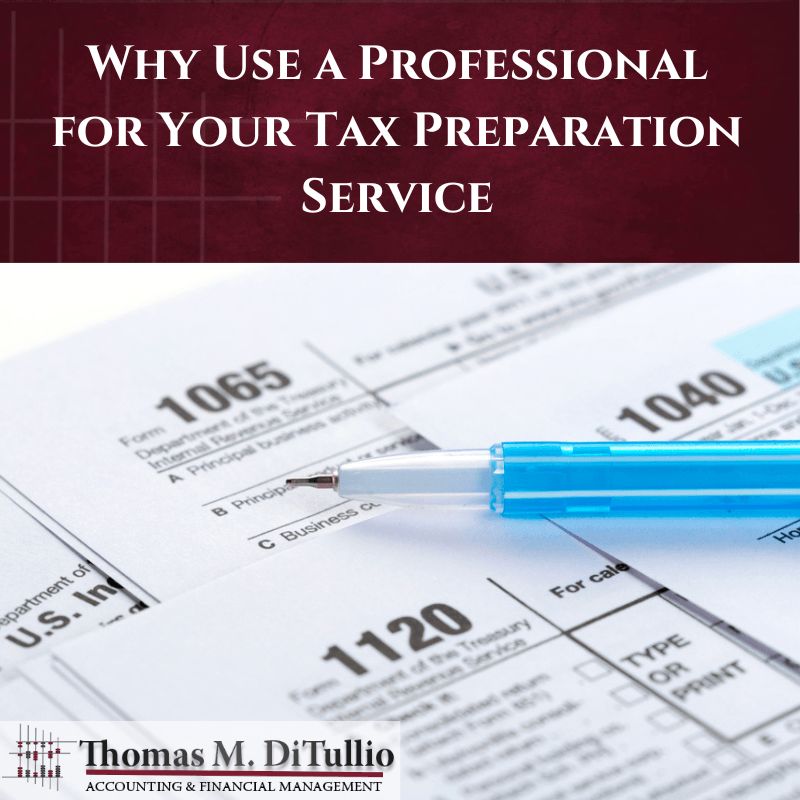Beyond Tax Prep: The Key Accounting Services Every Small Business Needs
Small businesses are the backbone of South Jersey communties. Local businesses make significant contributions to both culture and economy and make South Jersey truly distinctive. However, in order to keep thriving, business owners need to know how to manage the financial health of their business—and that’s no small feat! Effective financial management goes beyon tax preparation; it also means you need a qualified local accountant to help you do it. Let’s take a look at essential accounting services that go beyond preparing tax returns. Be sure to choose an accounting service that offers these things, as this will give you more time to do what matters: running your business.
Key Takeaways
- Effective financial management involves more than just tax preparation; it requires comprehensive accounting services.
- Accurate and consistent bookkeeping is crucial for maintaining a clear and up-to-date financial picture.
- Accountants also handle payroll services, including issuing checks, calculating wages, withholding taxes, and ensuring compliance with labor laws.
- Accountants provide financial analysis, budgeting, forecasting, and strategic planning.
Bookkeeping
Accurate and consistent bookkeeping is the cornerstone of any successful business. This service involves recording all financial transactions, including sales, expenses, payroll, and payments. Proper bookkeeping ensures that business owners have a clear and up-to-date picture of their financial situation, which is crucial for making informed decisions. It also simplifies the process of preparing financial statements and filing taxes. With professional bookkeeping, businesses can achieve improved financial accuracy, better cash flow management, and significant time savings, allowing owners to focus on growth rather than financial recording.
Financial Statement Preparation
Balance sheets, income statements, and cash flow statements are all vital tools that help you better assess the financial health of your business. You may also need these things to secure loans and investors. Furthermore, detailed financial statements enable informed decision-making by offering insights into profitability and financial position, ensure compliance with regulatory requirements, and build transparency and trust with stakeholders.
Payroll Services
Managing payroll is a complex and time-consuming task that involves more than just issuing checks. It includes calculating wages, withholding taxes, ensuring compliance with labor laws, and maintaining accurate payroll records. Outsourcing your payroll to an accountant may be beneficial, as it can save you from costly errors and mistakes. Additionally, accurate wage calculation, proper tax filing, and record-keeping ensures that your employees are paid correctly and on time and that your business complies with all relevant laws and regulations.
Tax Planning and Strategy
While tax preparation is a crucial aspect of accountant services in South Jersey, effective tax planning can save your business money throughout the year. Strategic tax planning involves analyzing your financial situation and structuring transactions in a way that minimizes tax liabilities. This proactive approach helps in reducing the overall tax burden by identifying deductions and credits, avoiding penalties by ensuring compliance with tax laws, and aiding in financial forecasting by anticipating tax obligations.
Audits and Assurance
Audits are not just about compliance; they also enhance the credibility of your financial statements. An independent audit provides assurance to stakeholders that the financial reports provided by your business are reliable. Audit services build trust with investors, creditors, and customers, ensure adherence to regulatory standards, and identify areas for operational improvement and efficiency.
Advisory Services
Beyond talking numbers, accountants also provide advisory services such as financial analysis, budgeting, forecasting, and strategic planning. Accountants leverage their knowledge of business, finances, and economy to help businesses in South Jersey develop growth strategies that are sustainable for the long-term. If you want customized advice that is tailored to your unique business goals and someone to help you recognize and mitigate risks, consider speaking with the local accountant, like those at TMD Accounting.
Contact a Local South Jersey Accountant Today
There you have it: several things that a local accountant can do for you that go beyond tax preparation. By using such services, you can streamline the financial aspect of your business and open up more time to focus on the other important facets. The next step is to find a trustworthy accountant in South Jersey to help you move forward.
At TMD Accounting in South Jersey, we are committed to empowering small businesses with comprehensive accounting services that go beyond tax preparation. By partnering with us, you gain a dedicated team focused on your financial success, allowing you to concentrate on what you do best—running and growing your business. Let us help you navigate the financial complexities so you can achieve your business goals with confidence. For more information or to schedule a consultation, visit our website or contact us today at 856-228-2205. Together, we can build a strong financial foundation for your business’s future.











